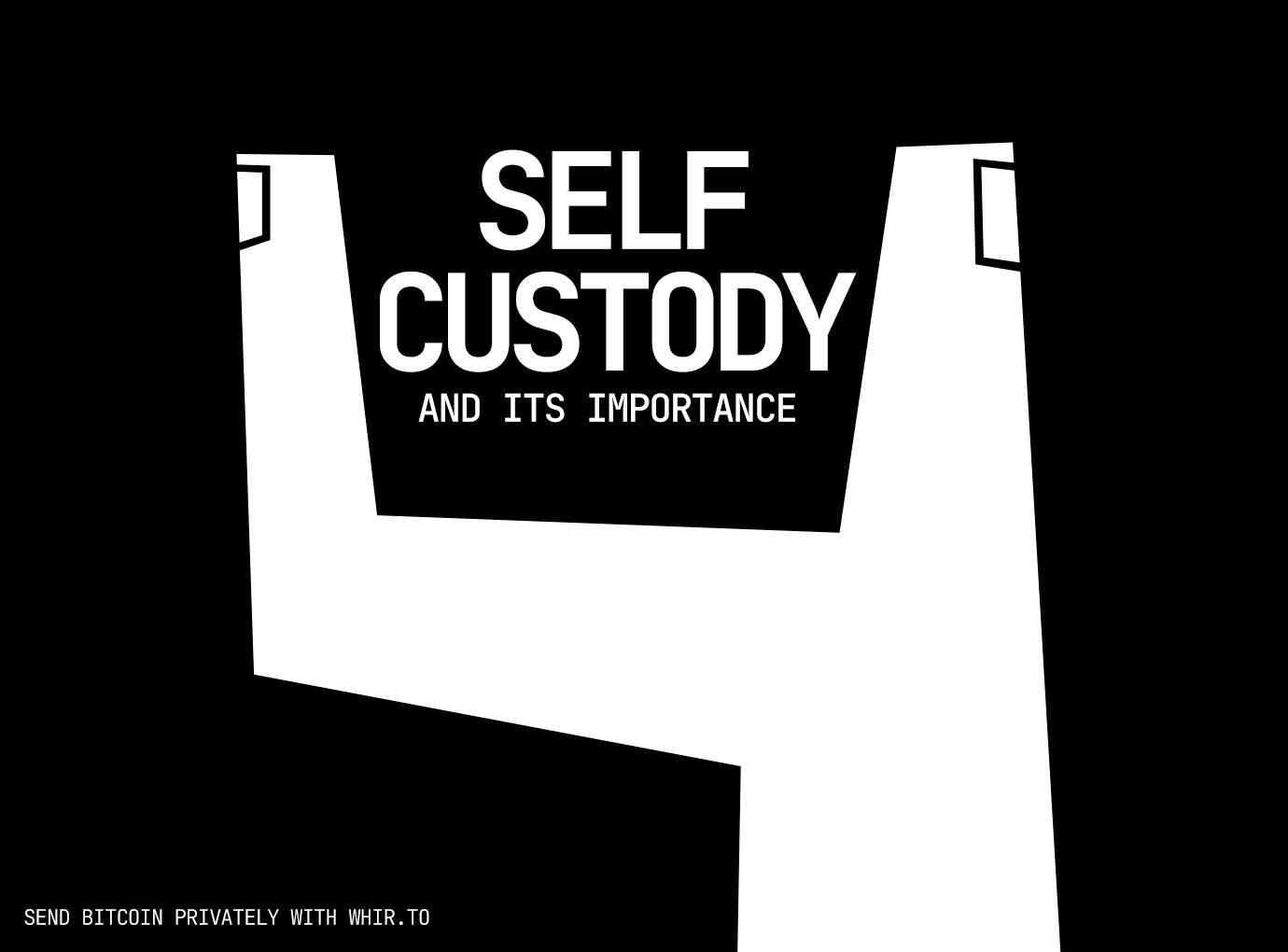The recent Binance hack confirms that everyone should withdraw their coins from any custodial service and become self-sovereign.
The cryptocurrency community is developing rapidly. While that has its clear benefits, it definitely also brings some pitfalls as well. One of them is the security, which, as it still turns out, is simply just not able to catch up with all the trends, improvements and developments.
As the recent hack of the Binance Smart Chain showed, even the biggest players in the game are still susceptible to bugs. This is worrying on its own. However, even though the hack amounts to hundreds of millions of dollars, its significance, especially for the Bitcoin world, cannot be overlooked.
What you need to know about the hack?
Before we dive into the reasons why this hack was “good” for Bitcoin, let’s just briefly explain what happened. The unknown hackers were able to get hold on more than 2 million BNB tokens, which at the time of the hack accounted for about $570 million. The hackers then tried to siphon this capital through different assets and exploit the cross-chain bridge connected to BSC Token Hub, which is a bridge between BNB Beacon Chain (BEP2) and BNBChain (BEP20 or BSC).
The hackers simply took advantage of a security bug to forge “security proofs.” These then enabled them to withdraw bridge’s locked funds. So far, the hackers were able to successfully steal about $100 million, yet the hack as well as its resolution does not seem to be over.
Hacks such as this one are not somehow surprising, as they are fairly common. Even Vitalik Buterin, the biggest person behind the second biggest cryptocurrency, Ethereum, cautioned about the shortcomings of the cross-chain bridges. In January of this year, he noted that there are security risks inherent in ecosystems such as these.
While this has nothing to do with Bitcoin privacy at the first glance, upon closer examination, we can definitely find few things that can be connected to the Bitcoin world quite easily. In a sense, this hack has once again proven, why decentralisation is missing from other most prominent cryptocurrencies or why Bitcoin self-custody is important and how privacy can be utilized in the process.
Use Whir to anonymize Bitcoins in your self-custody. Send Bitcoin privately, without KYC, utilizing a CoinJoin transaction.
Halting, pausing or resuming blockchains - Decentralisation in question
Right after the team around Binance found out that the hack was happening, they halted the blockchain. While 26 of the 44 validators were still active, the Binance team halted the whole chain. According to their reports, this was done to prevent the hacker from making any further moves, while also trying to get hold of what was taken.
Even if this all is true, there are several questions that come to mind straight away. If the team around Binance is able to halt the chain just like that, can we still be talking about decentralisation? Because it definitely feels like one central entity has ordered everyone else what to do, which is how basically almost everything works today. Thus, Binance can be throwing around words like decentralisation of governance voting, but if one entity is able to halt the whole blockchain or force validators to do so, it is definitely not decentralised.
In fact, if at any point, any blockchain, platform or project can be “paused,” “resumed,” or “halted,” it is almost definitely not a decentralised project. No matter the reasons for the “pause,” whether positive or negative, the fact simply remains that the project immediately becomes centralised.
This is however not something that happens with Bitcoin. With Bitcoin the network cannot be halted or paused by any single entity. Moreover, any change, update or improvement (referred to as BIP) has to be in fact voted for by the broad public, who collectively decide what will happen.
The importance of Bitcoin self-custody highlighted
Almost any time that any project or platform in the cryptocurrency world is hacked, there is one takeaway that keeps true. The owners of the tokens or coins would not have lost their funds if they had kept them themselves. Very simple takeaway, that is always correct.
While in this case there were no clear victims of this crime, practically speaking, in theory, any holder of Binance Token is a victim as the whole situation needs to be resolved probably by “playing” around with the maximum supply. Thich, by the way, yet again only shows that the project is not decentralised.
What is however more important is the fact that, even if any hack happens in the cryptocurrency world where a centralised platform or a custodial has been robbed of coins and tokens, the victims could have avoided it. And they could have avoided it themselves quite easily – by holding their coins.
In the Bitcoin space, you find the saying “Not your keys, not your coins,” quite often. Through this, Bitcoin educators, supporters, maximalists etc., want to emphasize that (unless trading cryptocurrency on a daily basis) everyone should withdraw their coins from any custodial service and become self-sovereign. The only thing that is needed for this is a wallet, preferably hardware wallet, where the users can safely store their coins offline. This ensures not only better sovereignty and security over their coins, but if done correctly, can also improve privacy.
Use Whir to anonymize Bitcoins in your self-custody. Send Bitcoin privately, without KYC, utilizing a CoinJoin transaction.
Transacting to hardware wallet – through Whir
Unless the user is moving more than 1 BTC in one transaction to their wallet to self-custody, Whir offers a simple solution where self-sovereignty can also come hand in hand with privacy. Take for instance a transaction from a custodial service to a hardware wallet. Normally, the transaction would leave a clear digital trace that could be tracked by anyone.
However, if Whir is used in the transaction process, it ensures that the funds received right to the (ideally) anonymous bitcoin wallet are much more private, since they are much harder to trace due to the CoinJoin technology. This thus not only helps with privacy, but also with security and self-sovereignty of the coins, making the effects of the hacks like the one we explained today obsolete on the individual users.
Conclusion
Hacks are, unfortunately, still a pretty big part of the cryptocurrency world. While the Bitcoin world is not as dangerous as all the altcoins, the users still need to make sure that they are in charge of everything themselves. Such as being in charge of their coins, which should be kept in a device such as a hardware wallet. Or, such as being in charge of the privacy of their coins, which is where Whir steps in.
––
If you liked this article, please share it on Twitter.
Disclaimer: This article does not serve as a piece of financial advice or encouragement and inducement for the usage of Bitcoin and other cryptocurrencies. Its primary role is informative, explanatory, and educational. The readers have to decide themselves whether to use or not to use these types of services.


